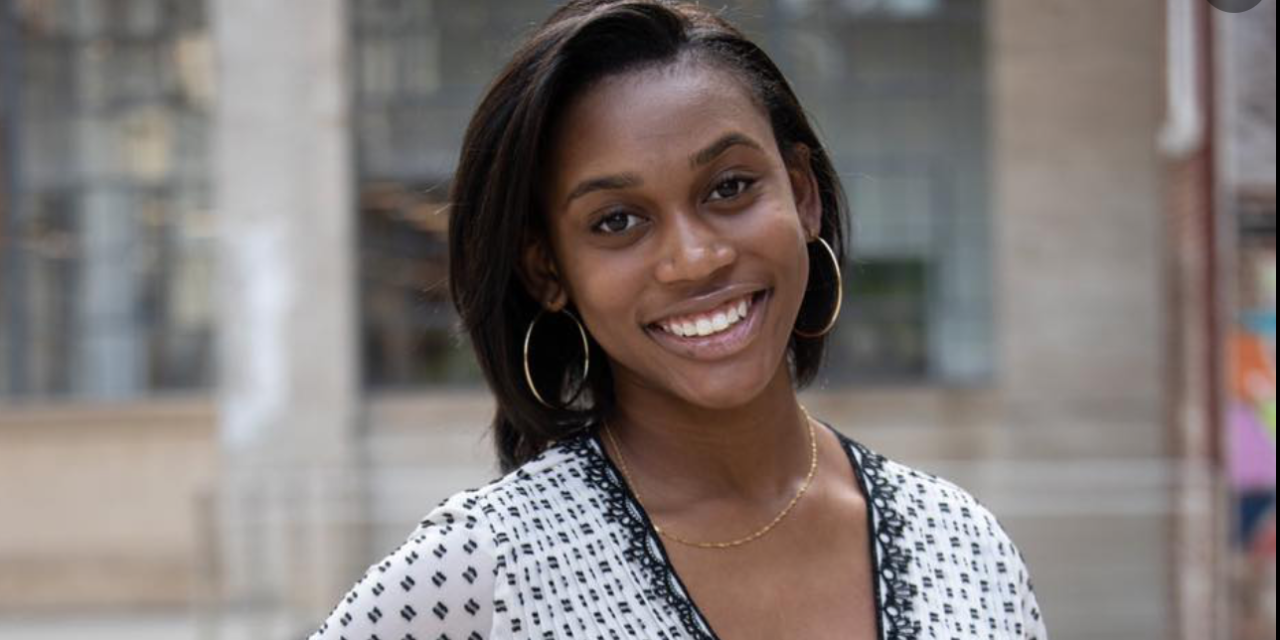Chase Clark, a Southwest Guilford High School student, will receive an annual Humanitarian Award at the High Point City Council meeting next month.
She’s the founder of Chase’s Chance Inc. – a nonprofit that seeks “to empower local and international youth by increasing equitable access to food, education and technology.”
Candidates for the annual award are nominated by the High Point Human Relations Commission.
Clark, a 17-year-old senior – and class president – at Southwest Guilford, has raised over $100,000 in goods, services and funding for students who need help.
In addition to her work helping the community, Clark has stayed quite busy in other ways. She’s taken part in Wake Forest University’s College LAUNCH for Leadership Program, and she’s also a Girl Scout, a board member of a local YWCA, and a 2018 recipient of the Governor’s Award Medallion – an award she received for her volunteer work.
Last year, Clark even launched a podcast – “The Renaissance Project: A Black Girls Movement.”
Clark will pick up the Humanitarian Award on Monday, Feb. 7 at a High Point City Council meeting. On Sunday, Jan. 23, She’ll take part in the Martin Luther King, Jr. High Point Community Parade.
Last year, Clark was awarded a $10,000 grant to help financially challenged students in the Guilford County school system through a laptop giveaway. She later secured more funding to expand that program.
She is working at her high school to improve the lives of students in other ways as well. Clark’s latest efforts are going toward creating a sustainable “Essentials Closet” at Southwest Guilford High School. The constantly restocking “closet” is meant to address food insecurity among the student body there and meet other basic needs of students who don’t have all the educational and support tools they need.
The annual humanitarian award is given to those who help promote equity, rise “above the call of duty” in advancing the cause of equality, and provide community service that helps underrepresented people and groups, such as racial and ethnic minorities, women and “the socially and economically disadvantaged.”


More people like Chase will make the world a better place. Good for her.
Bravo!
Can we please find more young people like this? They are our future, thank God.
God bless you, Chase! Wish you could be cloned!
Congratulations Chase, well deserved.